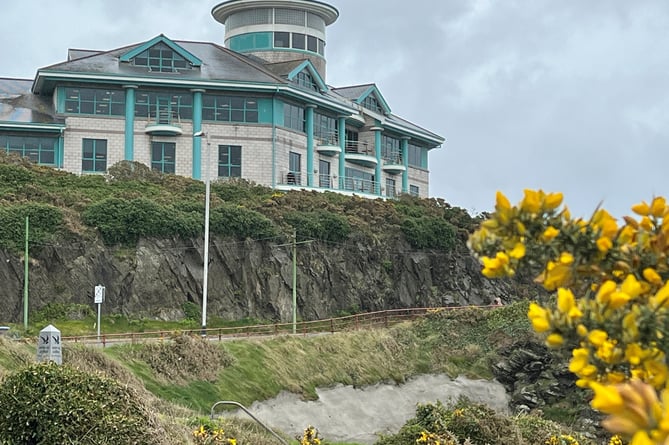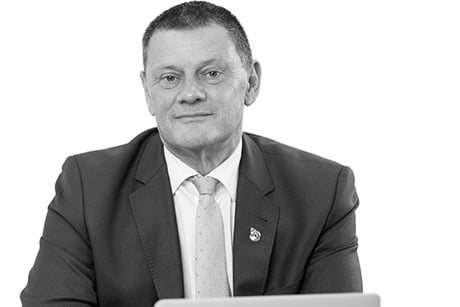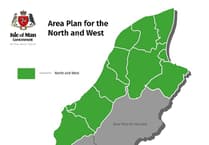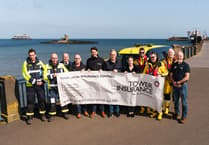The defence case in class action proceedings brought against Friends Provident International has concluded.
And on Wednesday (April 24) it will be the turn of fellow life assurance giant Utmost International IoM to begin its defence in the high court.
More than 700 investors, many who lost their life savings, are suing two island-based insurance firms in a £100m compensation battle.
The trial at Douglas High Court began on April 6 and is scheduled to last seven weeks.
Claimants, mainly British nationals and expats based across the world, say they were sold life assurance products which they were told were safe and low risk - but were based on investment funds which ultimately collapsed.
No fewer than 739 investors are involved in the class action - 315 in the FPI proceedings and 425 in the claim against Utmost.
The first claimant in the case against FPI is Bangkok-based Peter Kells who along with other investors is seeking damages of more than £50m for alleged negligence and misrepresentation regarding the sale of failed investment products including the New Earth Fund, Axiom Legal Financial Fund, LM Group of Funds, Eco Resources Fund and Kijani Community Fund.
The first claimant in the case against Utmost International is Barry Dickinson, again based in Thailand, who with other investors is also seeking £50m in relation to the sale of the same failed investment products.
Both FPI, which is part of Castletown-based International Finance Group Limited, and Utmost International IoM, which is based at King Edward Bay House in Onchan, contest the claims.
Before its sale to the Utmost Group in 2021, Utmost International IoM was known as Quilter International, previously Old Mutual International, and before that Skandia.
FPI’s defence closed after the court heard evidence from IFGL’s group sales director Simon Pack.
Mr Pack express surprise and disbelief at the suggestion that sales reps of life companies could have formally had a meeting with independent financial advisers and fund promoters.
He said his concern would be that by a life company attending such a meeting it could be construed that it was promoting a particular fund.
‘We were not in a position to recommend funds, We are not there to give advice,’ he told the court.
Mr Pack accepted there could be potential reputational risks when funds ‘go bad’.
It was put to him that a downside of not ‘on-boarding’ a fund could be that it is taken up by a competitor.
‘Just because another is doing it doesn’t mean it’s right,’ the witness replied.
Before FPI’s defence case concluded, trial judge, acting Deemster James Corbett, reminded counsel for all parties that there was a ‘fine line between what is opinion and what is not’.

The Deemster had earlier made a ruling on two claimants in the Utmost proceedings giving evidence remotely via video link, in which he allowed one living in Australia to do so but refused a similar request for a claimant who lives in Japan.
Test claimant Yves Ringler said his individual claim in the class action barely reached five figures and this would almost certainly be exceeded by travel and subsidence costs if he were to travel to the Isle of Man from his home in Japan to give evidence, which was expected to last no more than half a day.
Deemster Corbett said he had sympathy for Ringler’s predicament but added: ‘Sympathy is not sufficient.’
He said: ‘His position is not extraordinary for a professional person of his age and background. Utmost’s submissions that savings in costs and expenses are not in themselves enough to justify adopting a sub-optimal procedure are well-founded.’
But the Deemster did allow Derek Melly to give evidence remotely from his home in Australia on medical grounds. He said while he was a claimant, he was not a test claimant and was closer to being ‘simply’ a witness.
‘I’m quite satisfied that his case goes beyond mere convenience and cost saving,’ he said.




